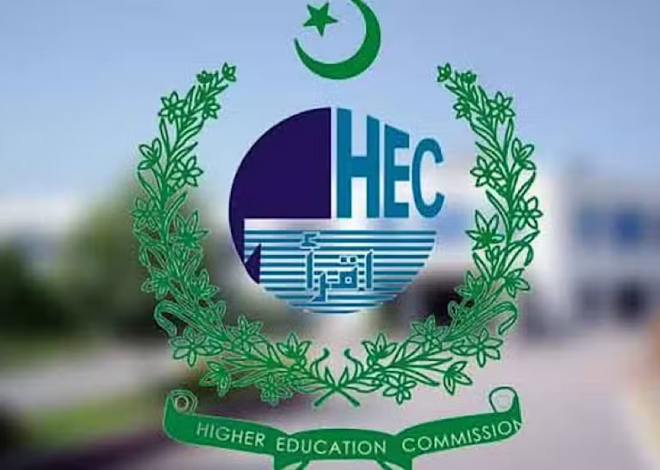
US Sanctions Leader and Wife of Zimbabwe for Alleged Corruption and Violations of Human Rights
The United States has escalated pressure on Zimbabwe’s leadership by imposing sanctions on President Emmerson Mnangagwa and his wife, Auxilia Mnangagwa, citing allegations of corruption and human rights violations. This move underscores growing international concern over governance issues and human rights abuses in Zimbabwe, while also signaling Washington’s determination to hold accountable those implicated in such activities. Let’s delve into the details of this significant development and its implications.
The decision to sanction President Mnangagwa and his wife comes amid mounting criticism of the government’s handling of economic challenges, political repression, and alleged human rights abuses in Zimbabwe. The United States, along with other Western nations and human rights organizations, has long raised concerns about the erosion of democratic principles and the suppression of dissent in the southern African nation.
The sanctions, imposed under the U.S. Global Magnitsky Human Rights Accountability Act, target individuals and entities involved in corruption, human rights abuses, and other illicit activities. President Mnangagwa and his wife are accused of engaging in corrupt practices and contributing to the deterioration of democratic governance and respect for human rights in Zimbabwe.
The U.S. Treasury Department, in announcing the sanctions, stated that President Mnangagwa and his wife “have engaged in public corruption and/or have been involved in facilitating public corruption by those in their network.” The sanctions freeze any assets the couple may have under U.S. jurisdiction and prohibit American individuals and entities from conducting transactions with them.

The imposition of sanctions on Zimbabwe’s leader and his wife reflects the international community’s growing impatience with the lack of meaningful reforms and accountability in the country. Despite promises of political and economic reforms following the ousting of longtime ruler Robert Mugabe in 2017, Zimbabwe has faced continued criticism for its failure to address governance issues and human rights concerns.
In response to the sanctions, the Zimbabwean government has denounced the move as unjustified and politically motivated. President Mnangagwa’s administration has dismissed allegations of corruption and human rights abuses as unfounded, portraying the sanctions as an attempt to undermine Zimbabwe’s sovereignty and derail its development efforts.
However, critics argue that the sanctions are a necessary step to hold accountable those responsible for perpetuating corruption and rights abuses in Zimbabwe. They assert that targeted sanctions can pressure government officials to adhere to democratic principles, respect human rights, and implement reforms aimed at improving governance and accountability.
The imposition of sanctions on President Mnangagwa and his wife sends a strong message to Zimbabwe’s leadership that the international community will not tolerate impunity for corruption and human rights violations. It also underscores the importance of upholding democratic values and respect for human rights in fostering stability, prosperity, and good governance in Zimbabwe and beyond.

As Zimbabwe grapples with economic challenges, political tensions, and social unrest, the effectiveness of sanctions in promoting positive change remains a subject of debate. However, the decision to target President Mnangagwa and his wife demonstrates the willingness of the United States and other international actors to take concrete action against impunity and hold accountable those implicated in wrongdoing.







